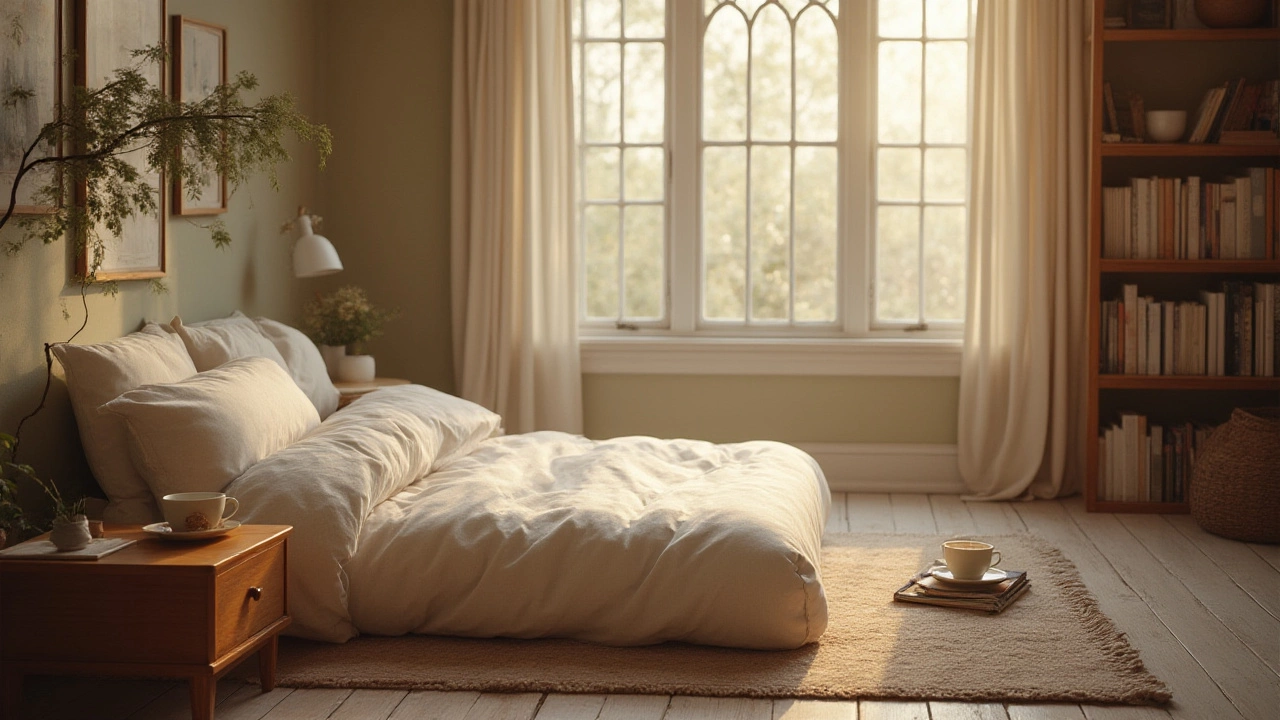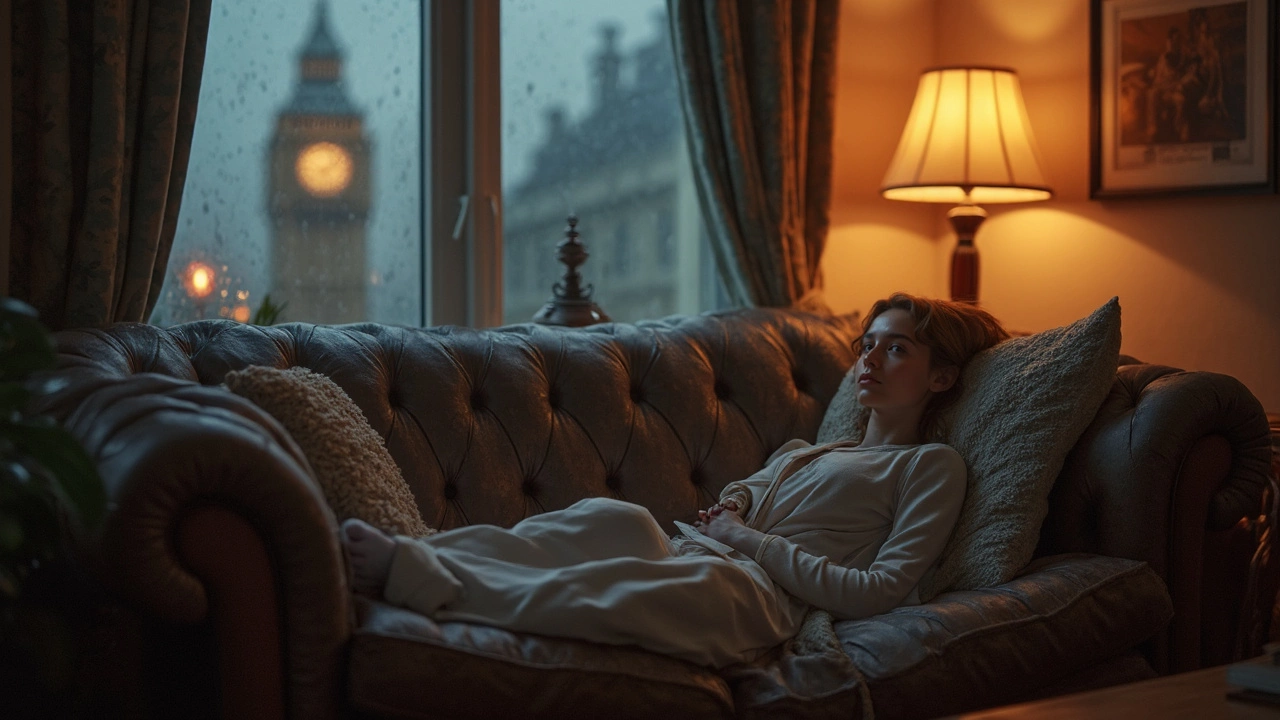Sleeping Habits and the Right Furniture
Ever notice how a cluttered room can keep you tossing and turning? Your bedroom setup has a huge impact on how well you sleep. Let’s talk about the furniture choices that actually help you drift off faster and stay comfortable all night.
How Furniture Affects Your Sleep
A sturdy bed frame gives your mattress the support it needs. When the frame bends or squeaks, it can disturb your rest. Look for hardwood or metal frames that stay firm, even if you’re a restless sleeper. Pair that with a mattress that matches your firmness preference – soft for side sleepers, firmer for back sleepers – and you’ve got a solid foundation for good sleep.
Storage beds are a great space‑saving idea, but they can backfire if you stuff them wrong. Storing heavy boxes or damp items under the bed leads to moisture problems and odors that can affect air quality. Keep the space light – think linens, seasonal blankets, or a few books – and keep the area dry.
Practical Tips to Improve Sleeping Habits
Arrange your bedroom so the bed isn’t directly under a bright window or a glaring TV. A TV that’s too close can strain your eyes and make it harder to unwind. As a rule of thumb, keep a comfortable viewing distance – about 1.5 times the diagonal screen size – and dim the lights an hour before bed.
If you have a corner sofa or extra seating, use cushions wisely. A too‑high cushion can make you sit awkwardly and affect posture, which carries into your sleep. Choose low‑profile cushions that support your back without pushing you forward.
Adding a rug under your coffee table or bedside tables can soften footsteps and reduce noise, but make sure the rug isn’t too thick. A thin, low‑pile rug is enough to cushion sounds without making it hard to move the bed or chairs.
Declutter the floor. Toys, shoes, or stray cords not only look messy but can trip you up in the dark. Keep only essential pieces in the room – a nightstand, a lamp, and a chair if you need one.
Lighting matters. Use warm, dimmable lights in the evenings and switch to a soft nightlight if you need to get up at night. Bright LED lights can signal your brain that it’s still daytime, making it tougher to fall asleep.
Finally, create a quick bedtime checklist: check that the mattress is clean, the room is cool (around 65°F), the lights are soft, and the floor is clear. Doing this routine each night trains your mind to recognize sleep time.
Sleeping on a Futon Every Night: Is It Healthy and Comfortable Long-Term?
Can you really sleep on a futon every night? Discover the pros, cons, and insider tips for daily futon use—comfort, health, and real-life advice.
MoreWhy Do I Sleep Better on the Sofa Than in Bed? Surprising Truths About Sofa Beds
Ever wondered why your sleep feels deeper on your sofa than in your bed? This article breaks down the real reasons behind this strange but common experience. We'll cover how sofa beds affect your body, what your mind has to do with it, and how to get better quality rest wherever you crash. Grab practical tips and learn why the couch isn't just for naps when it comes to good sleep.
More

